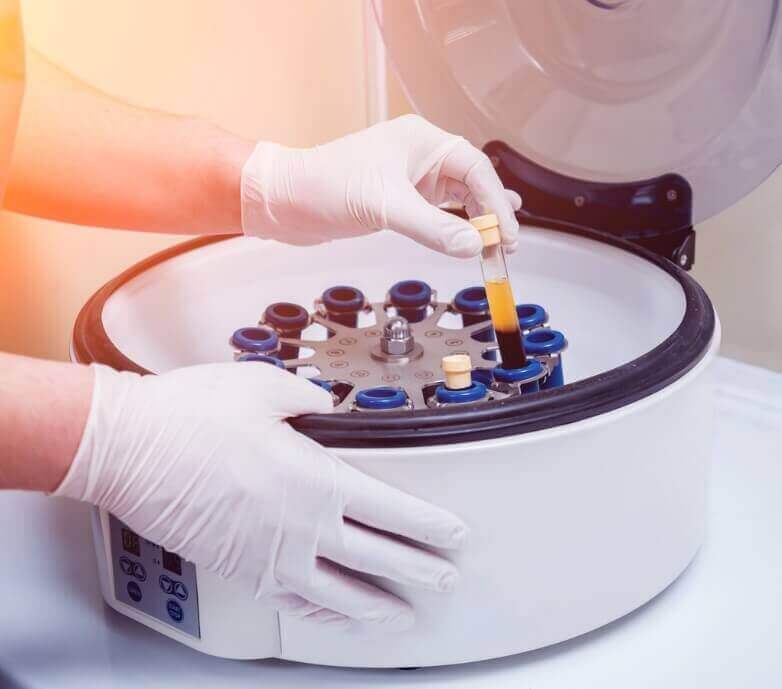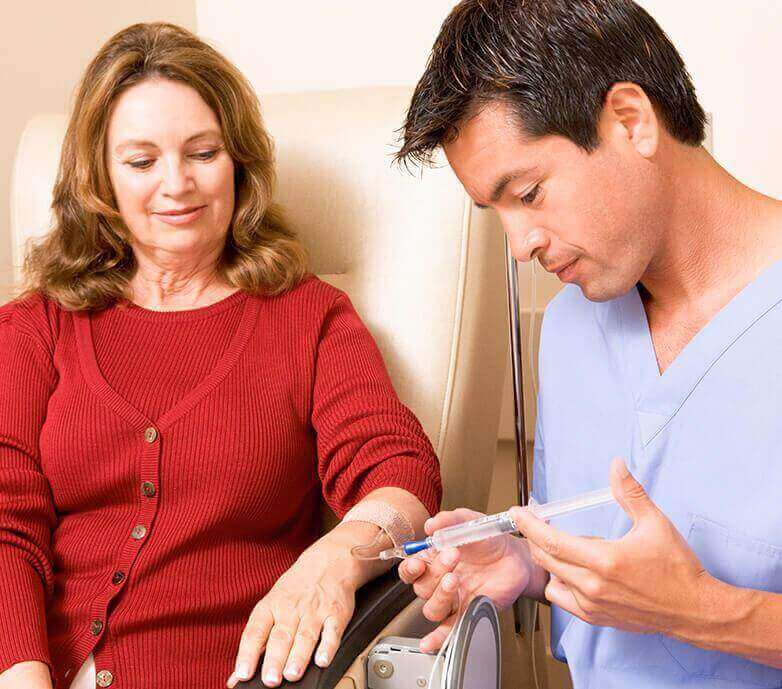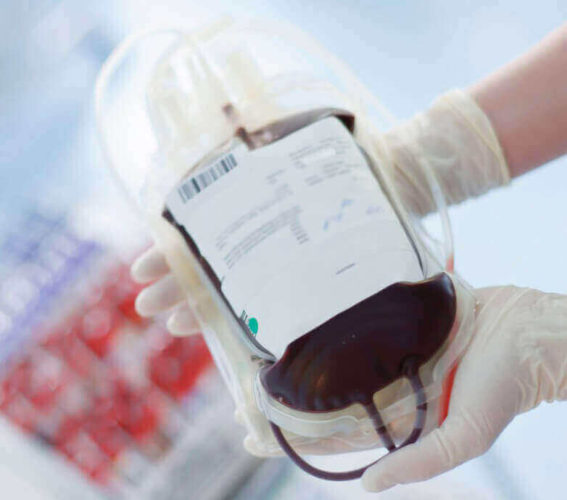How umbilical cord blood is obtained
The umbilical cord blood is specifically obtained from the blood vessels of the umbilical cord. After a baby is born and the umbilical cord is cut, the cord blood can be collected and preserved. In the United States, cord blood banking is slowly becoming a popular topic among soon-to-be parents. With the birth of their baby, parents get to decide if they want to privately bank, donate or discard their child’s cord blood.

Parents may also choose to donate the cord blood to a public bank for an unrelated person to use. Donated cord blood can be used for sick patients who are in need of hematopoietic stem cell transplant. Unrelated patients are matched to a donated cord blood unit based on human leukocyte antigen types (similar to matching patients based on blood type).

FDA approved cord blood uses:
The only FDA approved uses for hematopoietic stem cell transplants using cord blood are for disorders that relate directly to the hematopoietic or blood-forming system. Some cancers, blood disorders, bone marrow failure syndromes, metabolic disorders, and immunodeficiencies fall into the category related to the blood-forming system.
Treatment resctrictions in the United States
No other diseases may be treated in the United States with cord blood despite scientific studies suggesting its remarkable applications for other conditions.


While the FDA is slow to approve innovative treatments in the US, cord blood treatments for stroke survivors are readily available in Germany.
If you or a loved one have recently suffered from an ischemic stroke, consider cord blood treatments in Munich, Germany. Germany’s healthcare system is ranked No. 11 in the world while the United States is ranked No. 30. You can therefore rest assured: In Germany, you can expect not only advanced treatment methods – our health care system also convinces with first-class health care facilities as well as extremely professional staff.
Get more information on CBC Health’s ischemic stroke treatment by calling +1 855 426 4623.
Sources:
https://www.fda.gov/ForConsumers/ConsumerUpdates/ucm405558.htm
https://www.fda.gov/BiologicsBloodVaccines/ResourcesforYou/Consumers/ucm236044.htm
https://stemcellsjournals.onlinelibrary.wiley.com/doi/full/10.1002/sctm.18-0008 (Duke Study)



